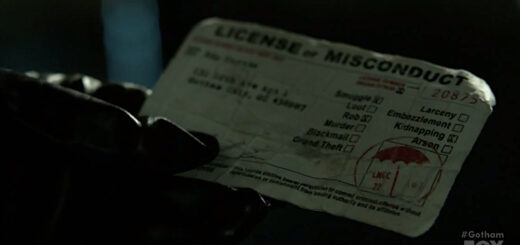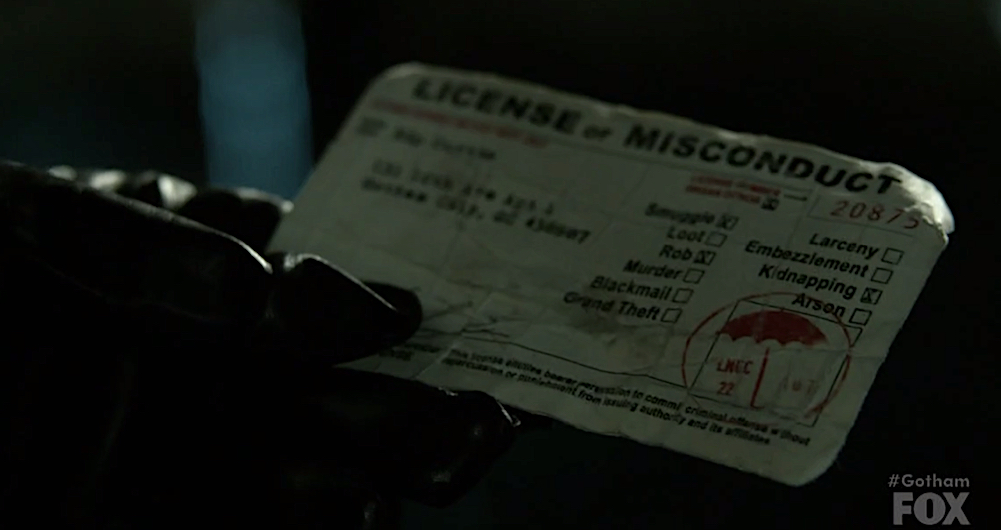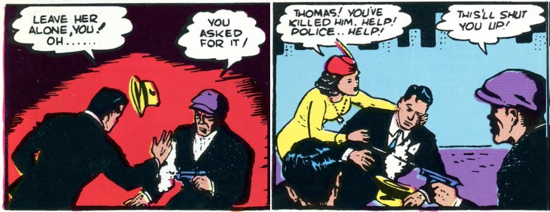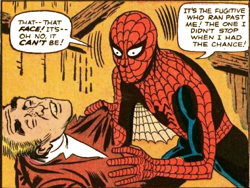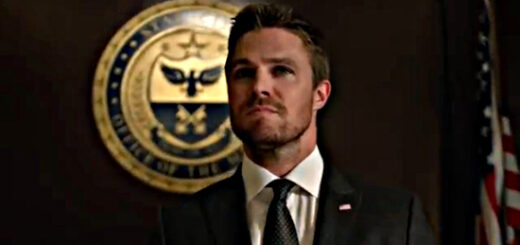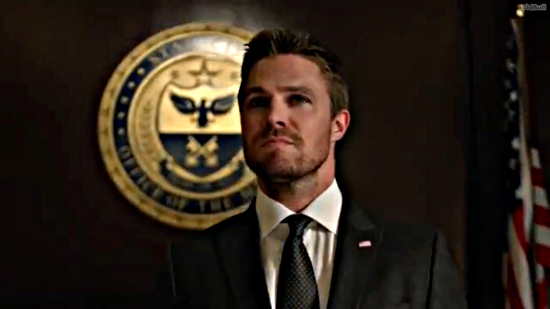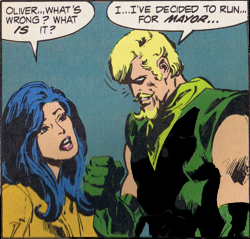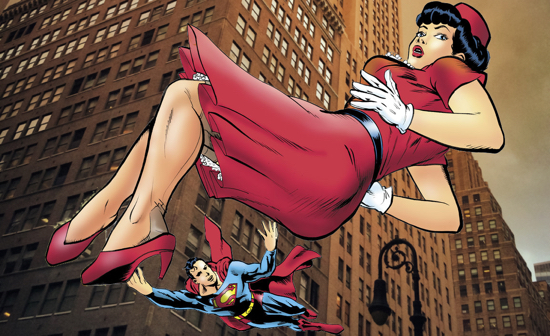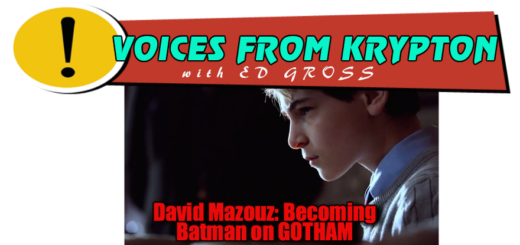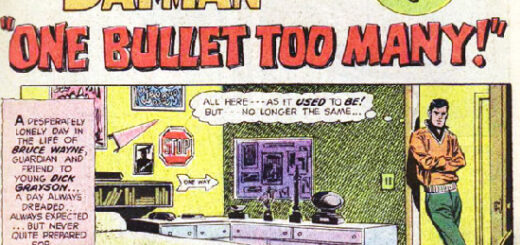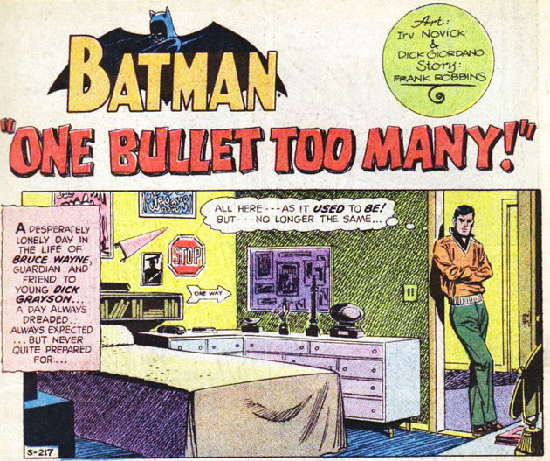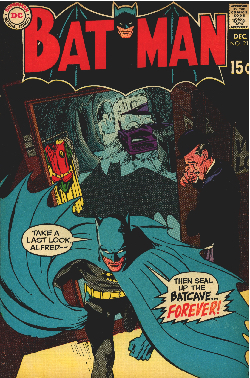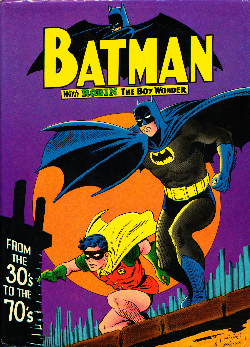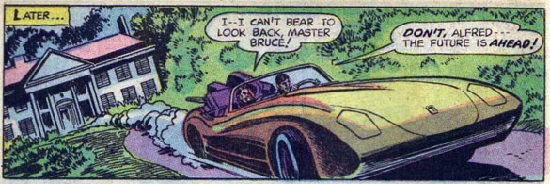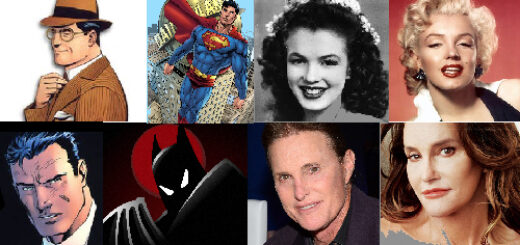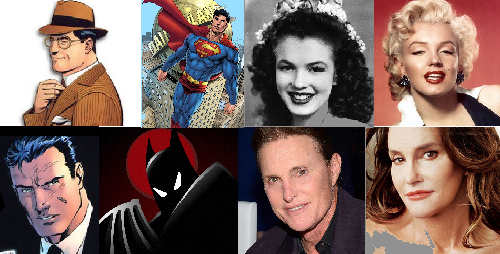The Law Is A Ass #422: Penguin Issues A License To Kill… Logic
Like I said before, well if they’re gonna make it easy for me…
Seriously, the season premiere of Gotham, “Pax Penguina,” didn’t even get out of the teaser before I was thinking, “Well, that’s not right.” It didn’t get three scenes into its first act before the episode confirmed it wasn’t just not right, it was wronger than a sentence using the word, “wronger.” And take it from someone whose grammar wasn’t run over by a reindeer, that’s wrong.
What did we learn in the teaser of the episode? We learned that the Penguin was issuing Licenses of Misconduct in Gotham City. What did we learn in the first scene of the episode? That criminals in Gotham City were paying Penguin half their take to get their Licenses of Misconduct. We also learned that criminals with licenses were fully sanctioned by Penguin to commit crimes in Gotham City and that criminals who were operating without licenses were physically, and violently, stopped from committing crimes by Penguin’s henchmen led by Victor Zsasz. What did we learn in the second scene of the episode? That Penguin had reached a deal with the Mayor of Gotham City and its Police Commissioner. By only allowing licensed and sanctioned crime in Gotham City, Penguin had reduced violent crime rate in the pre-Batman and crime-ridden city by fifty-seven percent. And in order to keep those crime numbers low, the Mayor and Police Commissioner permitted Penguin’s licensed and sanctioned criminals to commit crimes without any police interference. Unlicensed criminals they could apprehend, but licensed criminals were to be left alone. Oh yeah, and that the Mayor and Police Commissioner weren’t doing this just to keep Gotham’s crime numbers low. They were also getting a percentage of Penguin’s action; a small percentage, but a percentage nonetheless. What did we learn in the third scene of the episode? That when criminals flashed their License of Misconduct to police officers, said police officers were supposed to let them continue their criminal acts without interference.
And what did I learn from three years of law school and twenty-eight years of practicing criminal law? (The first one of you who says, “nothing,” will get such a pinch!) I learned that the odds of such an arrangement between a crime boss and the city government actually existing are about the same as the odds of getting in to see the Great Oz; as in, “Not nobody, not nohow!”
Oh, I’m not saying that crime bosses won’t bribe local governmental officials to look the other way when their operatives commit crimes. Hell, any city, town, village, or burg big enough to have an organized government will likely have such an arrangement with the local crime bosses. Hell, even the ones with unorganized governments will have such an arrangement.
What I am saying is that it defies logic that any government regardless of size would have the type of arrangement with their local crime bosses that the city fathers of Gotham City had with the Penguin. Not one that involved actual, physical Licenses of Misconduct.
Oh, did I forget to mention that part? Penguin wasn’t issuing metaphorical or symbolic licenses. He wasn’t telling people, if you pay me half you’re take, you’re free to commit crimes in Gotham City and the police won’t bother you. No Penguin was issuing actual, physical pieces of card stock that were called License of Misconduct and made that promise.
How do I know this? Because I screen capped one of the licenses when Bruce Wayne held it for its Mr. DeMille-sanctioned close-up and studied it. So I can tell you this actual, physical card, suitable for lamination, had the actual words “License of Misconduct” printed on it, a number indicating which license it was and the name and address of the licensee. It contained a checklist of crimes: “Smuggle, Loot, Rob, Murder, Blackmail, Grand Theft, Larceny, Kidnapping, Arson,” with actual boxes to be checked to indicate which crimes the bearer was licensed to commit. The bottom of the license contained the following promise, “This license entitles bearer permission to commit criminal offenses without repercussions or punishment from issuing authority and its affiliates.” The license was signed in ink (not by Pierre Andre) and stamped with the Penguin’s official umbrella seal. Then just to show that the license was comprehensive, it indicated whether the licensee was an organ donor. (You’ll be glad to know that the license Bruce took off some mugger indicated he was an organ donor. Nice to know the guy was socially-conscious scum and not just common scum.)
Okay, I know that the organ donor thing was a sight gag. But the License of Misconduct thing, that’s a joke.
No crime boss would issue such an actual, physical License of Misconduct. No mayor or police commissioner would honor such a thing. And no police officer encountering such a thing would let the bearer go unimpeded in his criminal activities. Not if they wanted to keep on being crime bosses, mayors, police commissioners, or police officers.
How do I know this? I know this because previous seasons of Gotham have established that Gotham City has a District Attorney’s office. And what do all district attorney offices in TV shows, movies, comic books, novels, or any other work of fiction that supports our tropes have? A crusading DA who wants to become mayor or judge or governor or even President. Seriously, this cliché is so old, I think it’s the actual clich A.
Now you know what would a crusading district attorney who wanted to become mayor or judge or governor or even President love to be able to do? Prosecute the mayor, police commissioner, police officers, and local crime boss for corruption and R.I.C.O. violations.
And what’s the only piece of evidence that a crusading district attorney would need to prosecute the mayor, police commissioner, police officers, and local crime boss for corruption and R.I.C.O. violations? If you didn’t say an actual, physical License of Misconduct issued by the local crime boss which promises that the bearer was free to commit crimes without fear of being arrested, then what column have you been reading?
No, crime boss would print an actual physical License of Misconduct and no city official would honor such a thing because its mere existence would land all parties involved in the hoosegow. See, a License of Misconduct wouldn’t just be suitable for lamination, it would also be suitable for lamentation.

